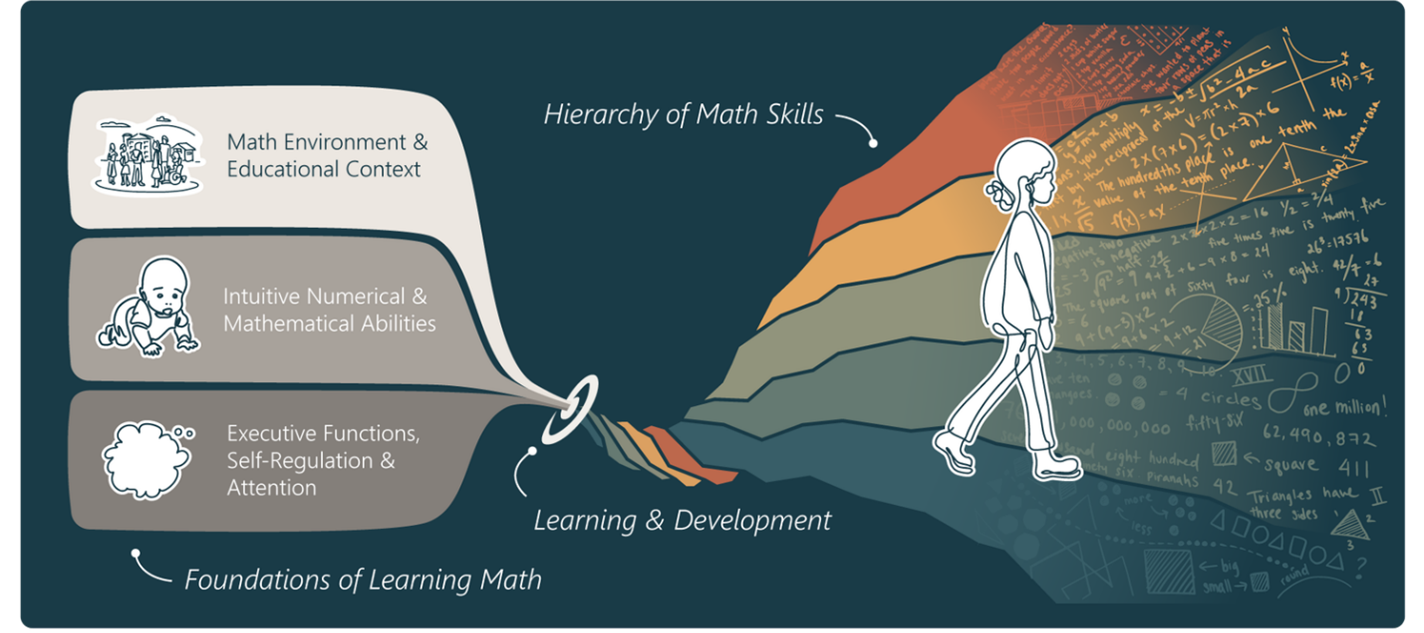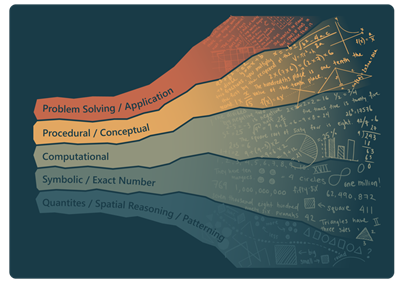By Jenna Somers
Alex Christensen and Eric Wilkey, assistant professors of psychology and human development, are emerging leaders in the psychological sciences, strengthening Vanderbilt’s expertise in data science and the neuroscience of mathematical learning, respectively. In recognition of their advancements in the field of psychology, the Association for Psychological Science named them 2024 APS Rising Stars. The two joined Vanderbilt Peabody College of education and human development in 2022.
“It has been an absolute pleasure working with Alex and Eric this year! They are generative, committed scholars who have been a great addition to the Department of Psychology and Human Development. I look forward to supporting them as they chart their path at Vanderbilt,” said Megan Saylor, department chair and professor of psychology and human development.
Alex Christensen
In April, Christensen won Vanderbilt’s inaugural Innovation in Teaching: Generative AI Award for teaching his students novel approaches to generative AI use for learning. He designed an AI tool to help students create their own practice quizzes and assess their knowledge, allowing them to not only learn the course curriculum but also how to use generative AI, a tool that is poised to transform every industry in the workforce.
As a researcher, Christensen develops network science methods for broad use within the field of psychology and psychometrics and uses his original models to capture the complexities of psychological phenotypes, which are the observable psychological characteristics of people as determined by the interactions between their genes and the environment.
Two of his most useful methods are unique variable analysis and bootstrap exploratory graph analysis, both of which allow clinicians and applied researchers to improve the accuracy and robustness of measurements, which improves diagnoses and scientific understanding of psychological phenotypes.
“The benefit of network models is that they can integrate information across different areas of study and can represent all measurable variables as a single system of interactions taking place together across time. For example, a clinician assessing for depression can integrate clinician ratings for symptoms with aspects of a person’s life, environmental factors, and more, and model the interactions of all these variables together as a single cohesive system,” Christensen said.
To distribute his network science methods, Christensen co-developed the statistical software package, {EGAnet} package (exploratory graph analysis), a popular tool among applied researchers and clinicians for measuring psychological phenotypes. The software averages 25,000 downloads per month.

Eric Wilkey
As an educational neuroscientist, Wilkey studies the development of mathematical skills and neurocognitive mechanisms that support mathematical thinking and knowledge. He collaborates with school-based research teams to understand why and how some students struggle with math learning. From these collaborations, Wilkey and his colleagues developed Our Mathematical World, a curriculum overlay that focuses on training executive functions, such as working memory, attention, and self-regulation.
“This is a problem-solving curriculum overlay for third and fourth grade kids to help build their math identities through stories about people in their communities who are doing math, whether they’re a carpenter, quiltmaker, scientist, or someone else,” Wilkey said. “I really want my work to be grounded in the classroom and relate to how kids are actually learning in schools and in their communities.”
Wilkey also investigates basic science questions about math cognition, studying brain function through MRI analyses and behavioral experiments. In the Number Lab, his research team investigates the neural mechanisms that support mathematical thinking and how this thinking, in turn, shapes brain development. Much of their work focuses on three foundational elements of math learning: intuitive numerical and mathematical abilities, math environments and educational contexts, and executive functions. These foundations weave together over the course of a student’s math education and personal development into a set—or hierarchy—of mathematical skills that allows them to navigate the world as empowered individuals capable of handling the mathematical demands of adult life. By understanding these developmental processes, the researchers seek to comprehend how children succeed in and encounter challenges to acquiring math skills.


Additionally, Wilkey is a pioneer in studying developmental dyscalculia, a mathematical learning disorder that makes understanding the quantities—or cardinality—of symbolic numbers difficult. For example, an elementary school student with developmental dyscalculia may successfully identify the written form of the number seven (“seven” or “7”) with a verbal label but struggle to understand its magnitude, such as labeling a set of seven blocks with “seven”. In December 2023, Wilkey and his colleagues published the largest neuroimaging study of children with dyscalculia to date in the journal, Human Brain Mapping.




